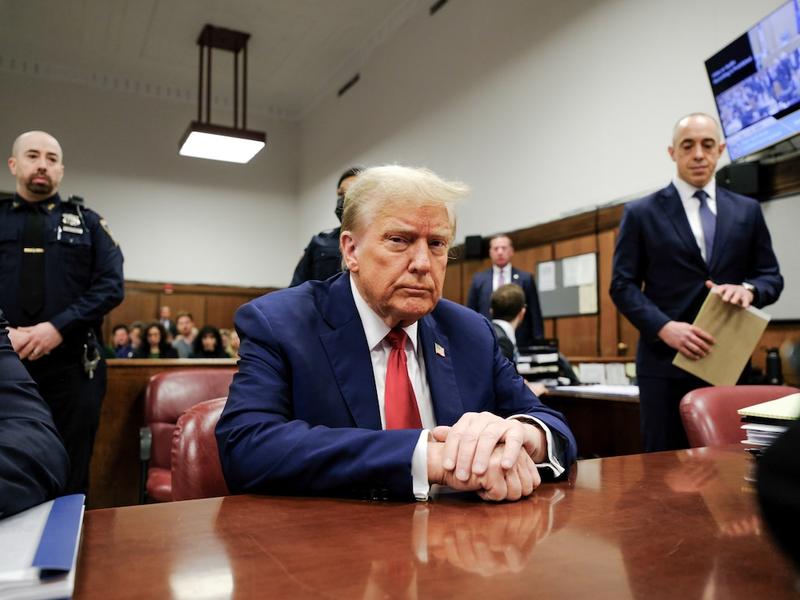
Contests for governor and other statewide constitutional offices, as well as state legislative seats, tend to get overlooked during presidential election years. Ironically, with Washington often unable or unwilling to address many important policy issues—and with parties increasingly wrestling over control of election laws and the election apparatus—the outcome of these state races have become more important than ever.
State races have very uneven cycles, quite different from the House and Senate. Only 11 governorships will face voters in 2024, many fewer than the 36 in midterm years, but far more than the three (Kentucky, Louisiana, and Mississippi) in the odd years that precede presidential election years and the two (New Jersey and Virginia) following presidential elections. (The numbers here add up to more than 50 because the governors of New Hampshire and Vermont have two-year terms, both in the even-number year cycles.)
On the surface, it would be easy to think that this would be a boring cycle for governors’ races. The Cook Political Report with Amy Walter rates only New Hampshire as a toss-up contest. Both Inside Elections

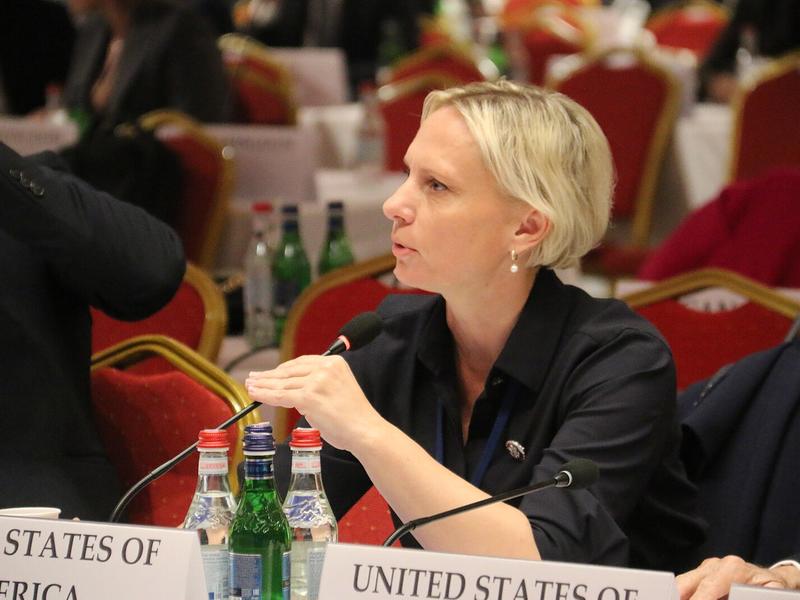

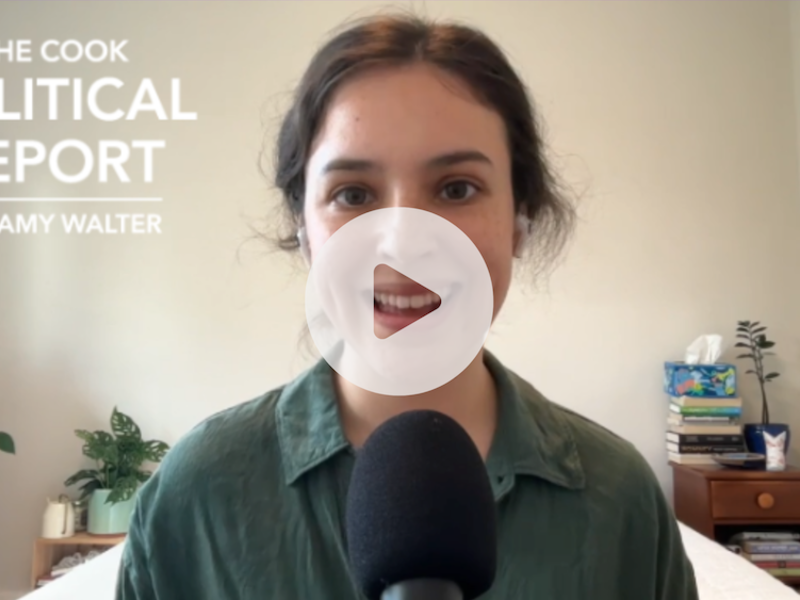



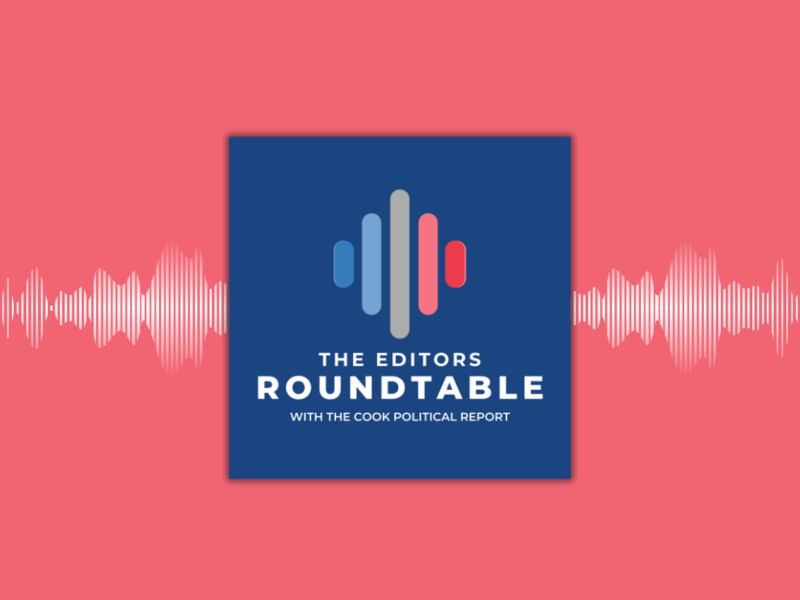
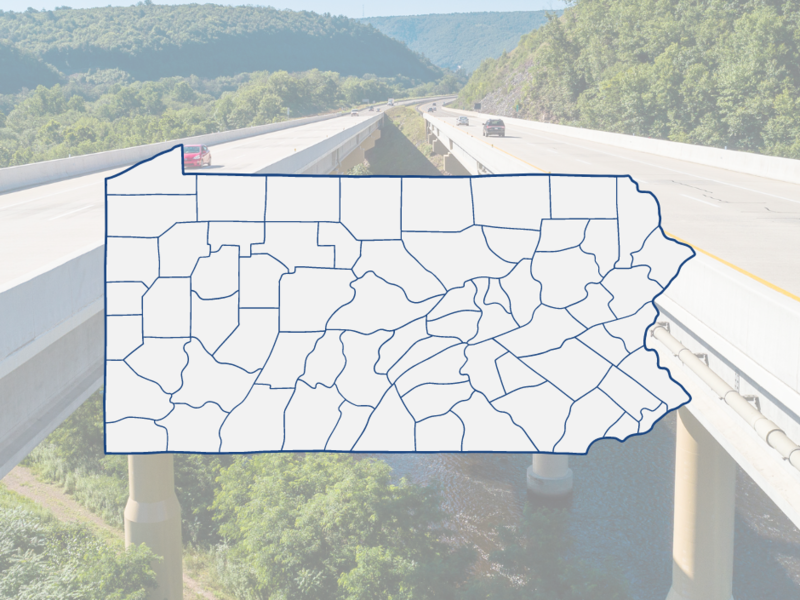
Subscribe Today
Our subscribers have first access to individual race pages for each House, Senate and Governors race, which will include race ratings (each race is rated on a seven-point scale) and a narrative analysis pertaining to that race.